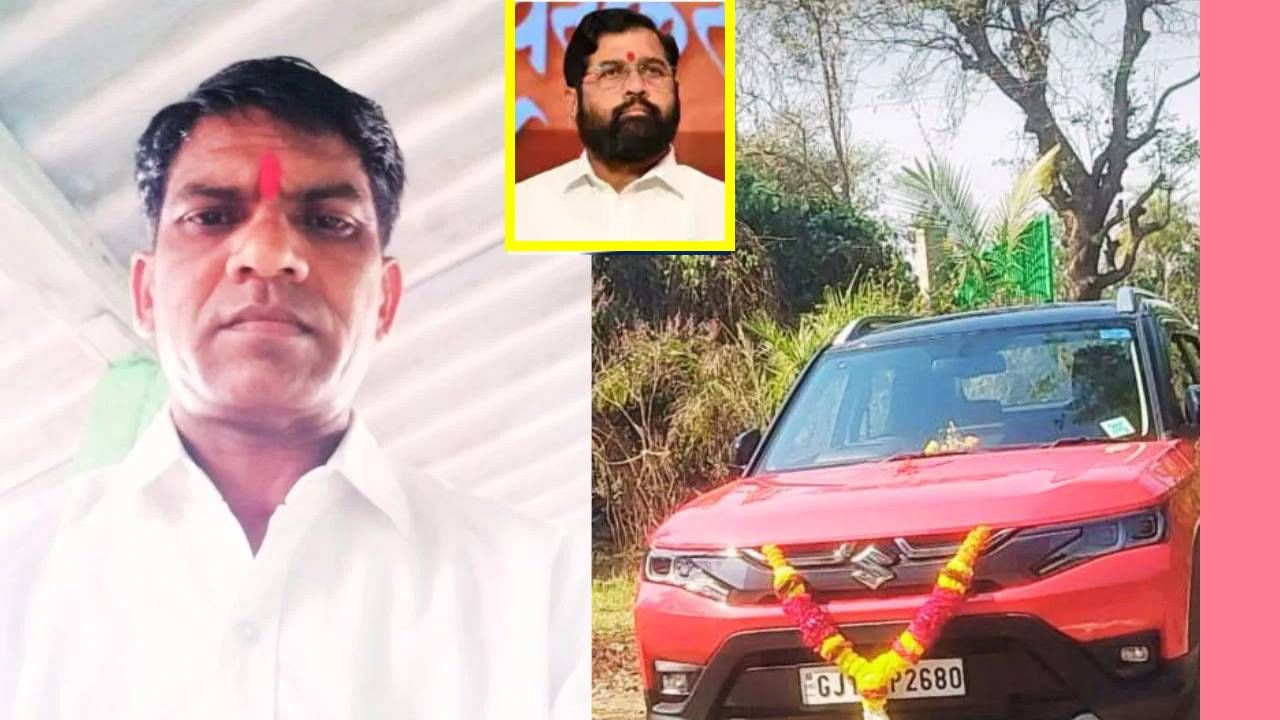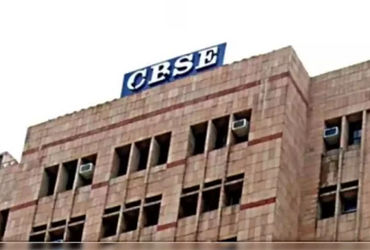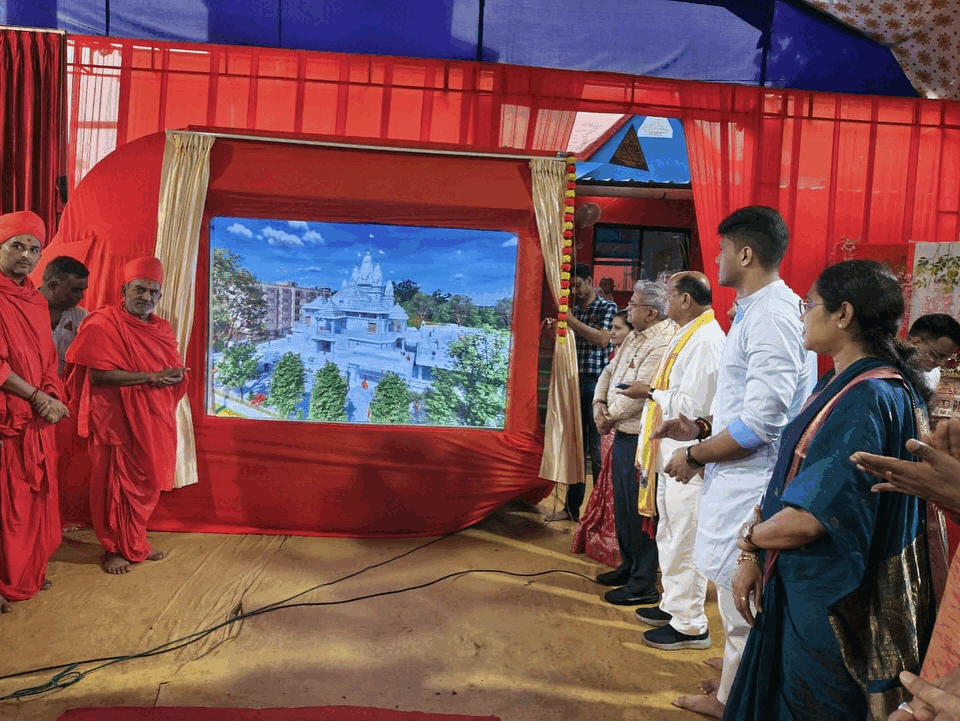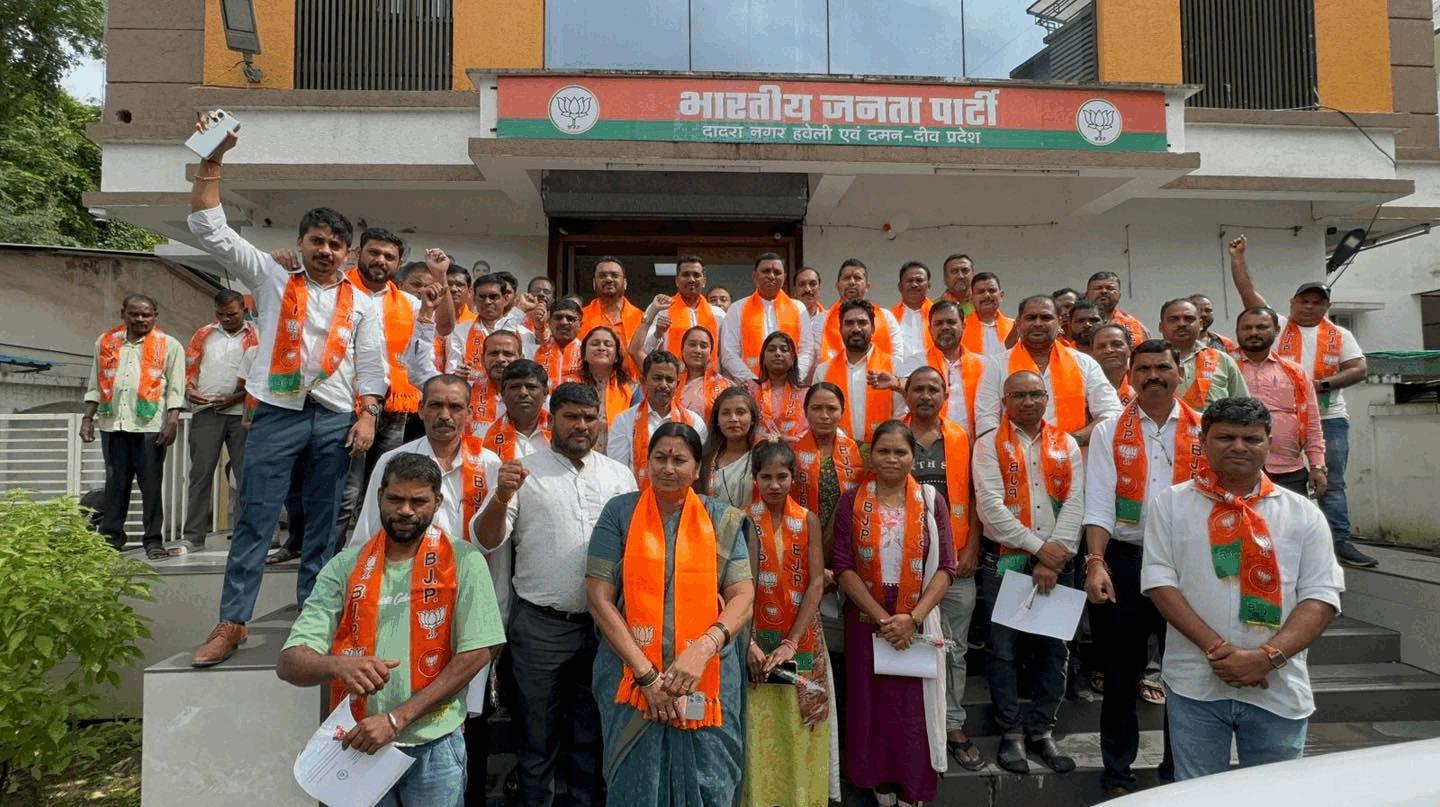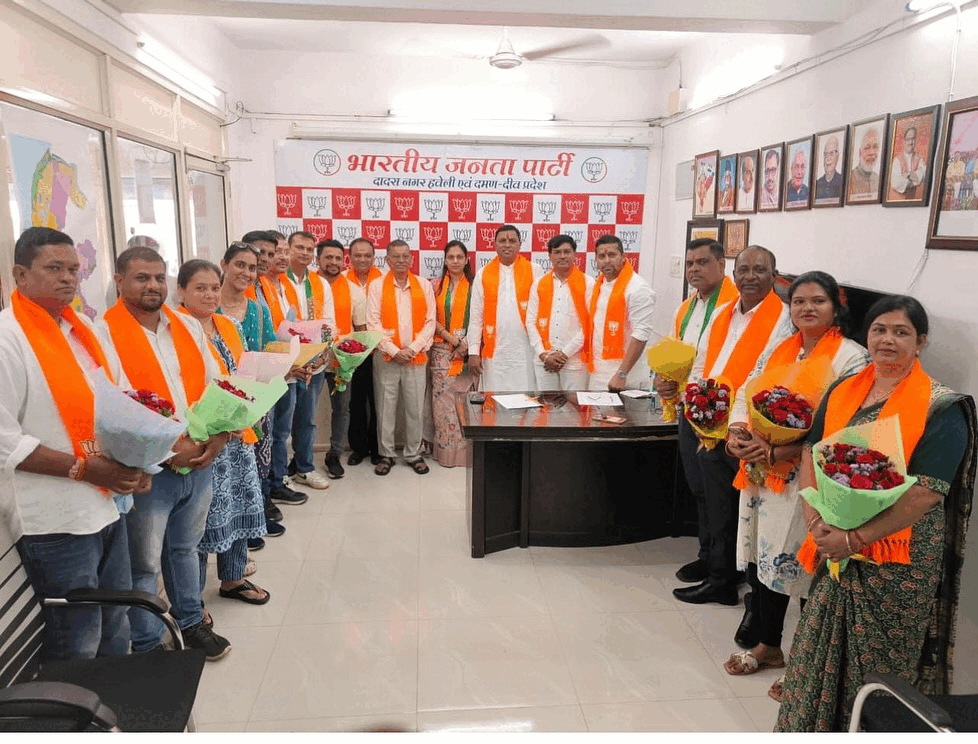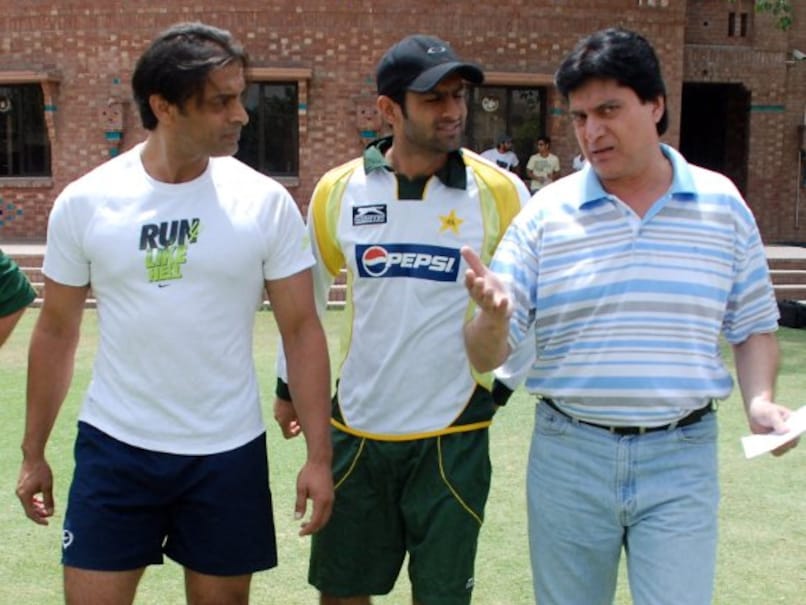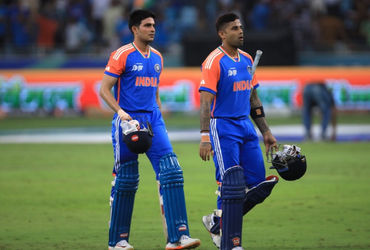Gujarat HC criticises authorities ahead of Navratri over no action on noise pollution
Despite Supreme Court’s 2005 judgment to curb noise pollution and Gujarat Pollution Control Board (GPCB)’s noise pollution control regulations, the noise pollution at public places in Gujarat run rampant.A contempt petition on this issue came up for hearing in the Gujarat High Court on Monday.A bench of Justice A S Supehia and Justice L S Pirzada strongly criticised the authorities for their failure to limit noise pollution and expressed serious displeasure. The high court also directed the government to ensure strict compliance with the Supreme Court’s orders and official guidelines.High court’s sharp criticismDuring the hearing, the high court remarked sharply that it was ‘unfortunate’ if police failed to act even when DJs as high as 20 feet and extremely loud sounds were being played on the streets. “The deafening nuisance of DJs can split your head open; it is intolerable,” the court observed.Strict orders to police and authoritiesThe court instructed the police and concerned authorities to take strict action against noise pollution. The court reiterated that the issue of noise pollution is grave and has a direct impact on public health and well-being.The state government and GPCB informed the court that, taking into account the Supreme Court and high court orders, the Home Department and GPCB had issued a Standard Operating Procedure (SOP) with specific guidelines to curb noise pollution.As per the Home Department’s circular:DJs and loudspeakers are banned between 10 pm and 6 am.Only a Deputy Superintendent of Police (DySP)-level officer can grant permission for public address systems.The sound level should not exceed 75 decibels, and in any case, it must not be more than 10 decibels above the ambient noise in that area.Sound systems must have sound limiters installed.If the prescribed limits are exceeded, the police may take action and seize the audio equipment.Ban on loudspeakers between 10 pm and 6 am.The government further stated that the use of loudspeakers, construction work, and the bursting of firecrackers is also prohibited between 10 pm and 6 am. If the sound at public places exceeds the permissible limit by 10 decibels, police will act under Section 188 of the IPC. This offense carries provisions of imprisonment and a fine.Moreover, the use of sound systems is strictly prohibited within 100 metres of hospitals, educational institutions, and courts.Prior police permission, at least seven days in advance, is mandatory for the use of DJs or loudspeakers.Petitioner’s key argumentsThe petitioner argued that DJ sound levels can reach 129 decibels or more, making it a dangerous nuisance and pollutant. Such extreme noise can even be life-threatening, especially to patients, elderly people, and children.It was pointed out that despite rules requiring DySP-level approval, Police Inspectors (PI) were granting DJ permissions.Educational complexes fall within “silent zones,” yet the Gujarat University Police Station had issued 200 permissions for sound systems in a single year.Authorities have no concrete mechanism for monitoring, decibel measurement, or penal action. Hence, strict measures are urgently needed.Court notes ground realityThe high court questioned the government, police, and authorities, “If you have circulars, SOPs, and policies, then why is the nuisance of noise pollution not being curbed? The Supreme Court’s directions are being blatantly violated.”The court also took note of a recent media report about a brawl between two DJs. It further remarked, “In our view, DJ permissions are not being granted by DySP-level officers. Perhaps constables or lower-level officials are granting them.”“You have issued an SOP, but if even 25% of it is implemented, it would be significant. In reality, none of these rules is being followed. On the ground, there is open violation.”Issues raised before the courtThe contempt petition argued that in a Public Interest Litigation (PIL) from 2022, the high court had, on March 4, 2024, directed the city commissioner of police, municipal commissioner, and government authorities to enforce noise pollution controls. Yet, across Ahmedabad and Gujarat, compliance has been absent.It also emphasised that the Supreme Court’s 2005 judgment had issued important noise control guidelines.The GPCB’s notification of December 3, 2019, as well as the Noise Pollution (Regulation and Control) Rules, 2000 – Rule 5(3), and provisions of the Air (Prevention and Control of Pollution) Act exist only on paper.The petition said that the government, police, and municipal authorities have utterly failed to implement these directives effectively. Therefore, the court should proceed against them under contempt of court and Article 215 of the Constitution.
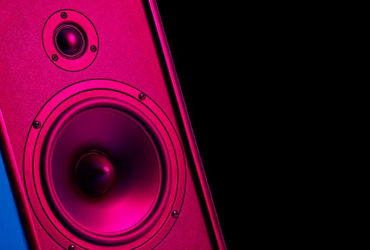
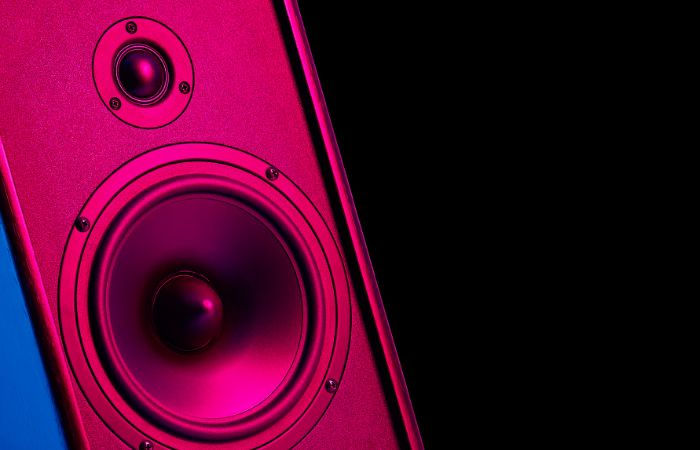
Despite Supreme Court’s 2005 judgment to curb noise pollution and Gujarat Pollution Control Board (GPCB)’s noise pollution control regulations, the noise pollution at public places in Gujarat run rampant.
A contempt petition on this issue came up for hearing in the Gujarat High Court on Monday.
A bench of Justice A S Supehia and Justice L S Pirzada strongly criticised the authorities for their failure to limit noise pollution and expressed serious displeasure. The high court also directed the government to ensure strict compliance with the Supreme Court’s orders and official guidelines.
High court’s sharp criticism
During the hearing, the high court remarked sharply that it was ‘unfortunate’ if police failed to act even when DJs as high as 20 feet and extremely loud sounds were being played on the streets. “The deafening nuisance of DJs can split your head open; it is intolerable,” the court observed.
Strict orders to police and authorities
The court instructed the police and concerned authorities to take strict action against noise pollution. The court reiterated that the issue of noise pollution is grave and has a direct impact on public health and well-being.
The state government and GPCB informed the court that, taking into account the Supreme Court and high court orders, the Home Department and GPCB had issued a Standard Operating Procedure (SOP) with specific guidelines to curb noise pollution.
As per the Home Department’s circular:
- DJs and loudspeakers are banned between 10 pm and 6 am.
- Only a Deputy Superintendent of Police (DySP)-level officer can grant permission for public address systems.
- The sound level should not exceed 75 decibels, and in any case, it must not be more than 10 decibels above the ambient noise in that area.
- Sound systems must have sound limiters installed.
- If the prescribed limits are exceeded, the police may take action and seize the audio equipment.
- Ban on loudspeakers between 10 pm and 6 am.
The government further stated that the use of loudspeakers, construction work, and the bursting of firecrackers is also prohibited between 10 pm and 6 am. If the sound at public places exceeds the permissible limit by 10 decibels, police will act under Section 188 of the IPC. This offense carries provisions of imprisonment and a fine.
Moreover, the use of sound systems is strictly prohibited within 100 metres of hospitals, educational institutions, and courts.
Prior police permission, at least seven days in advance, is mandatory for the use of DJs or loudspeakers.
Petitioner’s key arguments
The petitioner argued that DJ sound levels can reach 129 decibels or more, making it a dangerous nuisance and pollutant. Such extreme noise can even be life-threatening, especially to patients, elderly people, and children.
It was pointed out that despite rules requiring DySP-level approval, Police Inspectors (PI) were granting DJ permissions.
Educational complexes fall within “silent zones,” yet the Gujarat University Police Station had issued 200 permissions for sound systems in a single year.
Authorities have no concrete mechanism for monitoring, decibel measurement, or penal action. Hence, strict measures are urgently needed.
Court notes ground reality
The high court questioned the government, police, and authorities, “If you have circulars, SOPs, and policies, then why is the nuisance of noise pollution not being curbed? The Supreme Court’s directions are being blatantly violated.”
The court also took note of a recent media report about a brawl between two DJs. It further remarked, “In our view, DJ permissions are not being granted by DySP-level officers. Perhaps constables or lower-level officials are granting them.”
“You have issued an SOP, but if even 25% of it is implemented, it would be significant. In reality, none of these rules is being followed. On the ground, there is open violation.”
Issues raised before the court
The contempt petition argued that in a Public Interest Litigation (PIL) from 2022, the high court had, on March 4, 2024, directed the city commissioner of police, municipal commissioner, and government authorities to enforce noise pollution controls. Yet, across Ahmedabad and Gujarat, compliance has been absent.
It also emphasised that the Supreme Court’s 2005 judgment had issued important noise control guidelines.
The GPCB’s notification of December 3, 2019, as well as the Noise Pollution (Regulation and Control) Rules, 2000 – Rule 5(3), and provisions of the Air (Prevention and Control of Pollution) Act exist only on paper.
The petition said that the government, police, and municipal authorities have utterly failed to implement these directives effectively. Therefore, the court should proceed against them under contempt of court and Article 215 of the Constitution.
What's Your Reaction?














